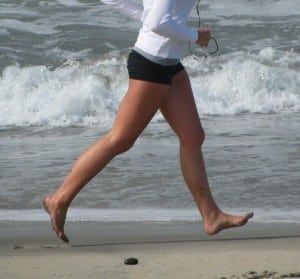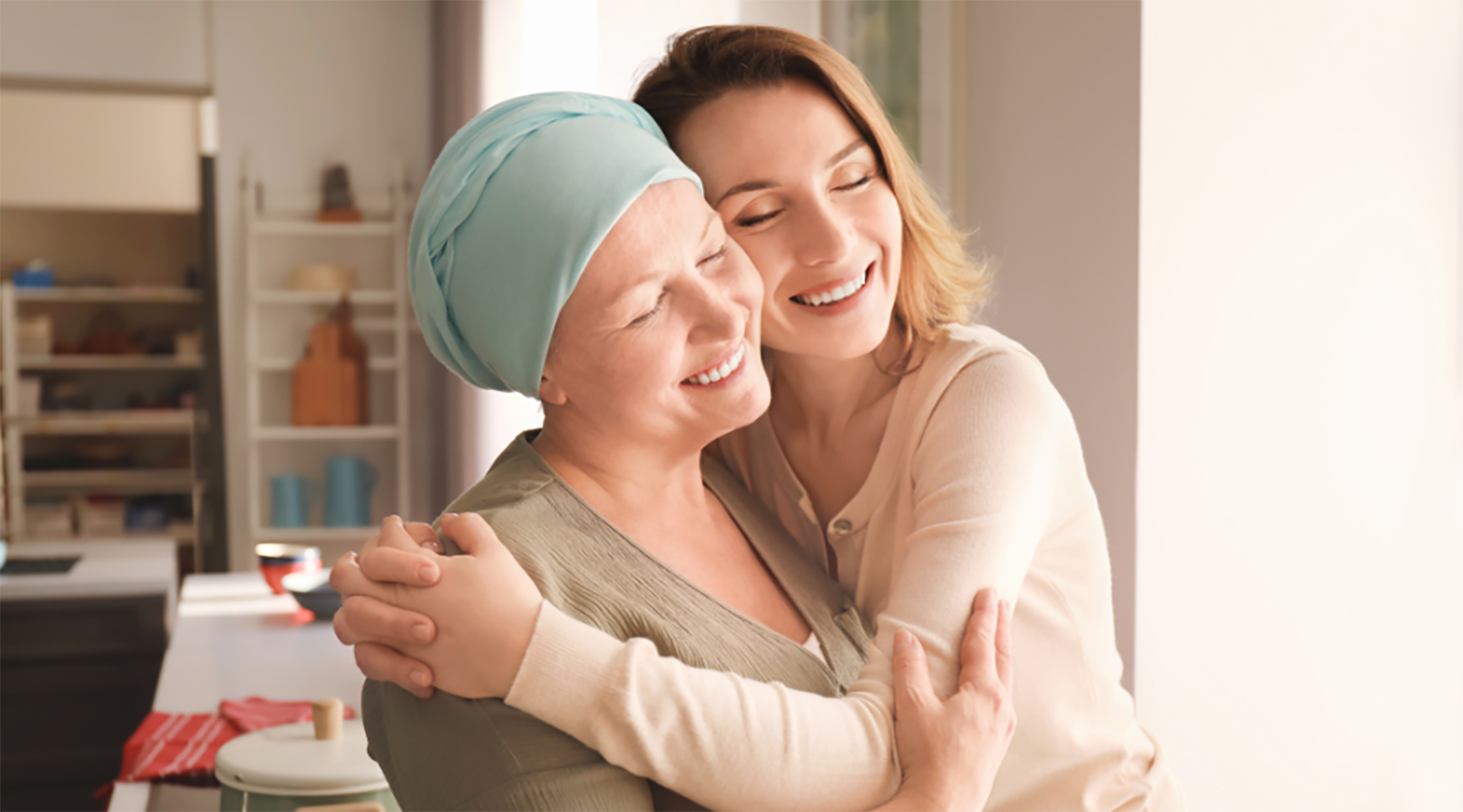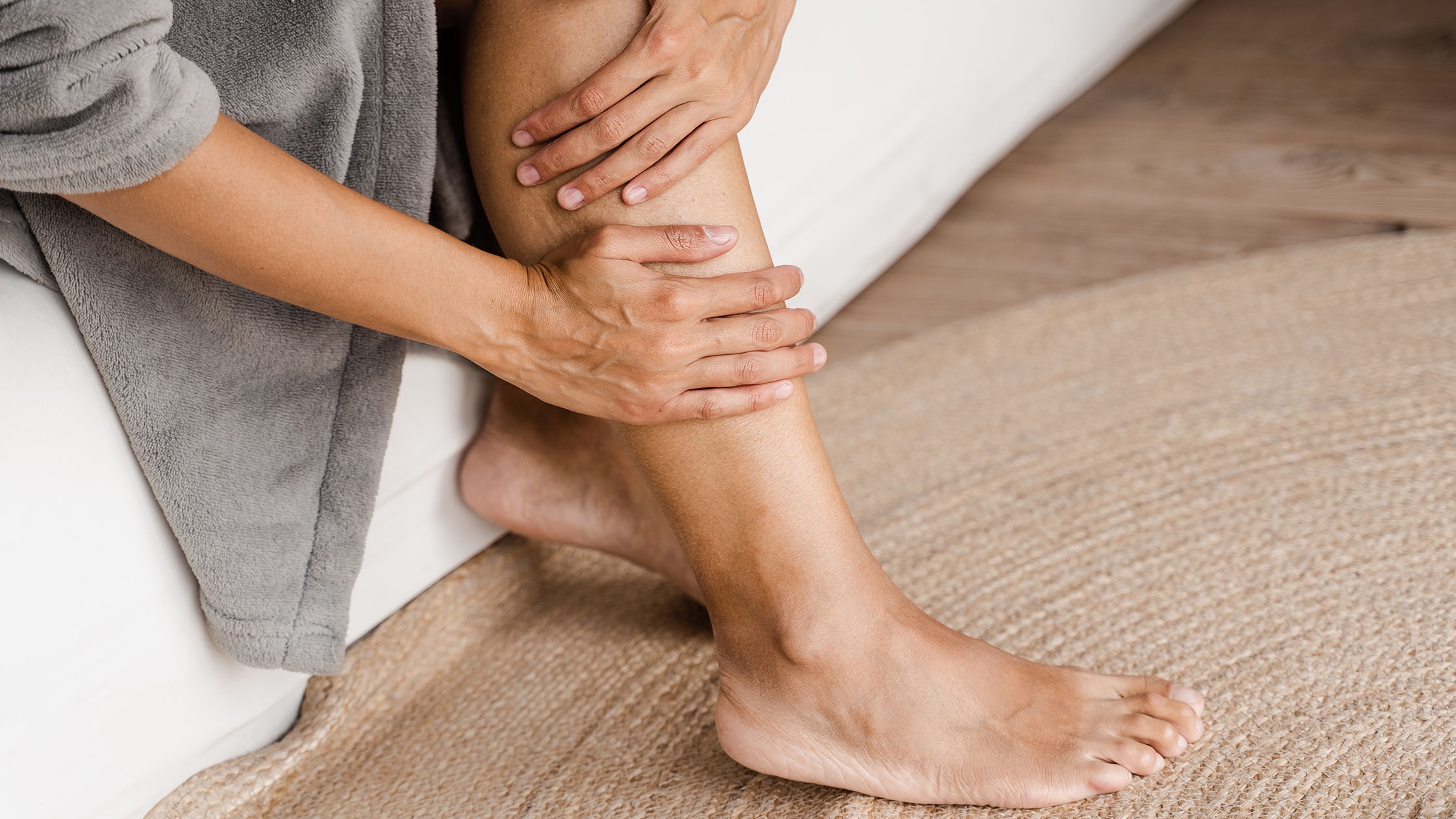 While you may be active and eating right for leg health, you may still be at risk of developing varicose veins due to genetic factors. Heredity may play a role in approximately 80% of all diagnosed cases. Your risk of developing varicose veins is increased if a close family member has the condition. If both parents had varicose veins, your chances are double. Along with the traditional risk factors ( age, pregnancy/hormones, obesity, a standing profession) they may be partly caused by your genes, making varicose veins a family affair.
While you may be active and eating right for leg health, you may still be at risk of developing varicose veins due to genetic factors. Heredity may play a role in approximately 80% of all diagnosed cases. Your risk of developing varicose veins is increased if a close family member has the condition. If both parents had varicose veins, your chances are double. Along with the traditional risk factors ( age, pregnancy/hormones, obesity, a standing profession) they may be partly caused by your genes, making varicose veins a family affair.
Varicose veins are gnarled, enlarged veins. Any vein may become varicose, but the veins most commonly affected are those in your legs and feet due to frequent standing or pressure put on the lower body. They are abnormal vein conditions that occur when the valves within the vein become weak or damaged.
Varicose Vein Risk Factors
- Gender– While men can develop varicose veins, women are more likely to be affected than men. This could be due to female hormones which relax the walls of veins, making the valves more prone to leaking.
- Advanced Age– As you get older, veins start to lose their elasticity and the valves don’t work as well. Varicose veins are more commonly seen in adults over 50.
- Hormonal Imbalances– Particularly during pregnancy or menopause, increased hormone levels can cause the muscular walls of the blood vessels to relax, which also increases risk.
- Prolonged Standing or Sitting– Jobs that require long periods of standing or sitting increase your risk of getting varicose veins due to gravity and not actively moving your calf muscle to help pump the blood up through your veins.
- Weight– Extra weight puts extra pressure on your veins, meaning they have to work harder to send the blood back to your heart. This can also put increased pressure on the valves, making them more prone to leaking.
Height- The taller a person is, the longer their veins. This means that the blood has a longer journey back to the heart. Over time, this plus gravity can cause varicose veins. - Rare Cases-In rare cases, varicose veins are caused by other conditions such as Injury or trauma, a previous blood clot, a swelling or tumour in the pelvis, or abnormal blood vessels.
Visit our Resource center for additional resources on Genetics & Vein Disease. If you suspect you may be at risk for varicose veins, take a moment to contact the St. Johns Vein Center via email or call us at 877-640-VEIN (8346) and schedule a complimentary vein screening.



